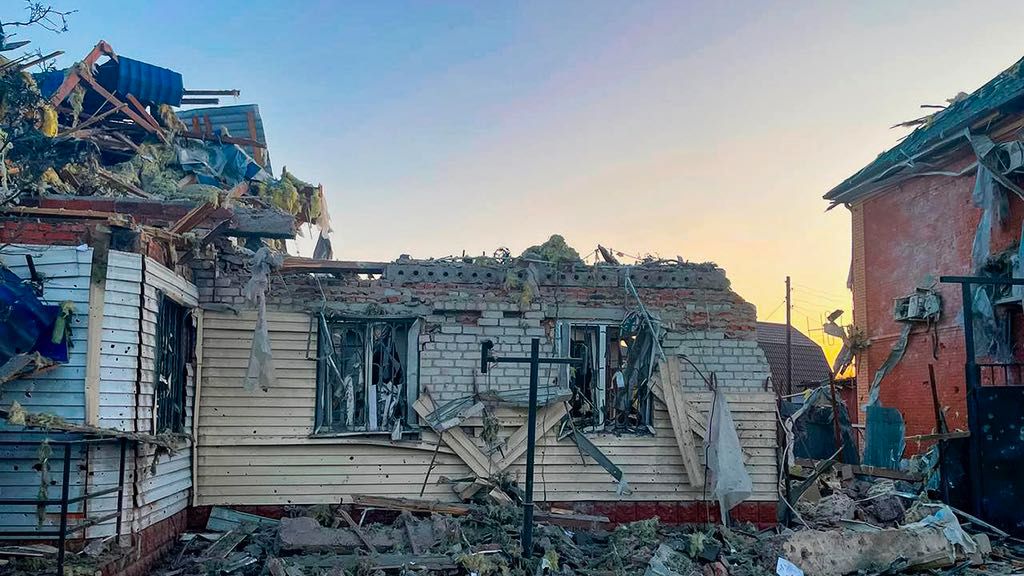The White House on Friday said it is “working to gain a better understanding” of the strategy and goals around Ukraine’s surprise charge into a region of Russia this week, expressing hesitancy to give further details on the operations and how it lines up with U.S. policy.
“We're in touch with our Ukrainian counterparts, and we are working to gain a better understanding of what they're doing, what their goals are, what their strategy is,” White House National Security Spokesperson John Kirby told reporters on Friday. “And I'm going to leave a little bit of space for us to have those conversations before I try to characterize what's going on.”
The comments come on day after the Pentagon this week insisted that Ukraine’s cross-border incursion is consistent with the administration’s policy, which in May shifted to allow Kyiv to use weapons provided by the U.S. to attack a limited portion of Russian territory across the border at the request of President Volodymyr Zelenskyy. President Joe Biden made clear at the time that the change in policy did not authorize Ukraine to strike deep into Russian territory or near Moscow.
“It is consistent with our policy and we have supported Ukraine from the very beginning to defend themselves against attacks that are coming across the border and for the need for crossfires,” Defense Department Deputy Press Secretary Sabrina Singh told reporters on Thursday. “So they are taking actions to protect themselves from attacks that are coming from a region that are within the US policy of where they can operate, you know, our weapons, our systems, our capabilities.”
Singh went on to insist that the move by Ukraine was not escalatory “in any way” when asked if the U.S. is concerned the move could further provoke Russia, despite Russian President Vladimir Putin describing it as a “large-scale provocation."
“We don't feel like this is escalatory in any way,” she said. “Ukraine is doing what it needs to do to be successful on the battlefield.”
The strategic goal of Ukraine’s biggest and surprising cross-border incursion into Russia’s Kursk region remains unclear, but it counters Russia’s unrelenting effort in recent months to punch through Ukrainian defenses at selected points along the front line in eastern Ukraine.
The Russian offensive’s slow, grinding momentum has achieved only modest gains and brought heavy losses of troops and armor. But, bit by bit, the advances are adding up.
White House press secretary Karine Jean-Pierre told reporters on Wednesday that the Biden administration was not made aware of the charge by Ukraine beforehand.
Biden made the move to allow Kyiv to use American weaponry to strike inside Russian territory near the border months ago as Ukraine faced significant challenges on the battlefield, which the administration said was due, in part, to Congress’ delay in approving more aid to the country amid pushback from some in the GOP.
It marked a notable shift for the White House, which has long said it does not “encourage” or “enable” attacks by Ukraine on Russian soil using U.S.-provided weapons.
The U.S. and Western leaders have been cautious about sparking a wider war and Putin has threatened that direct involvement from the West could lead to nuclear conflict.
The Pentagon on Thursday made clear that the U.S. was still not backing attacking deep into Russia.
“We don't support long range attacks into [Russia,] we've said that from the very beginning,” Singh said. “I'm not going to draw, you know, a circular map here for you of where they can and can't strike, but we've been very clear with the Ukrainians.”
The Associated Press contributed to this report.



